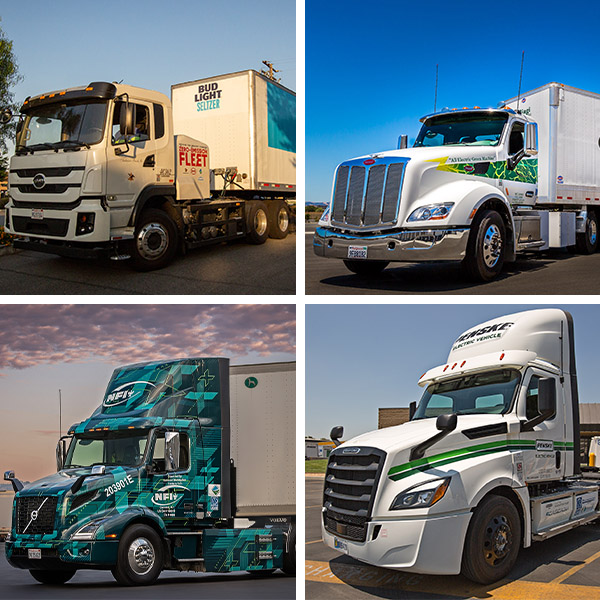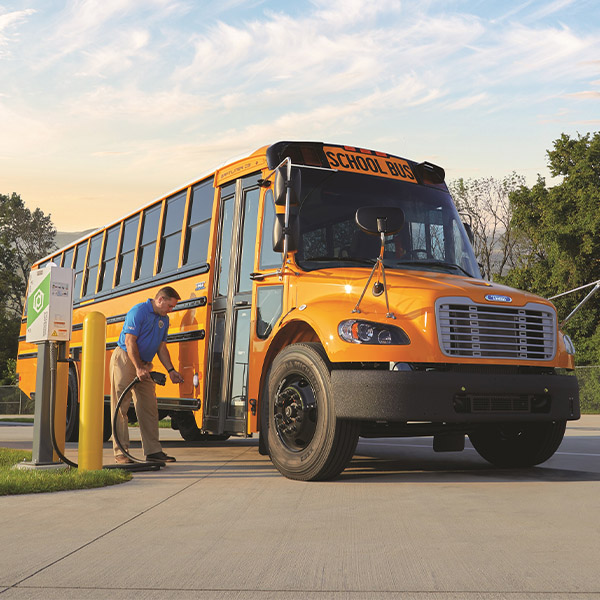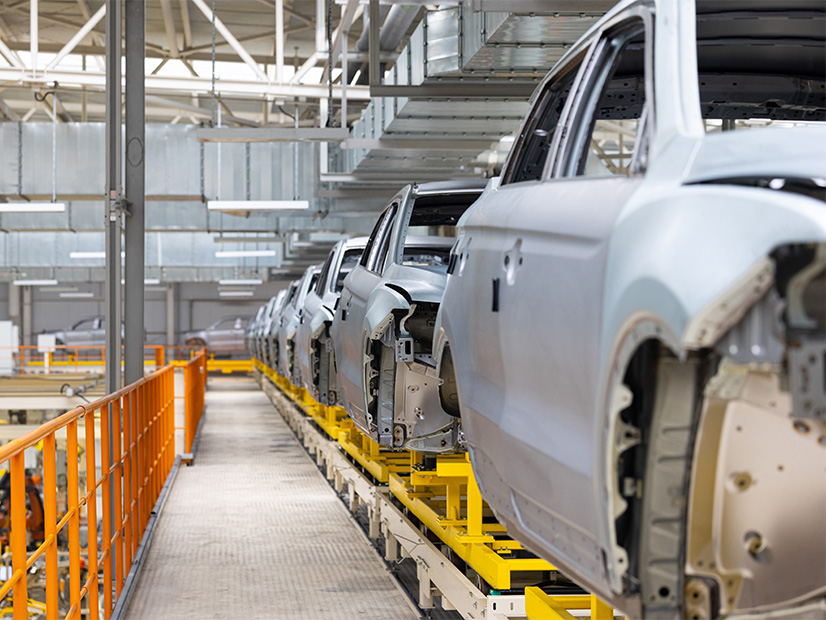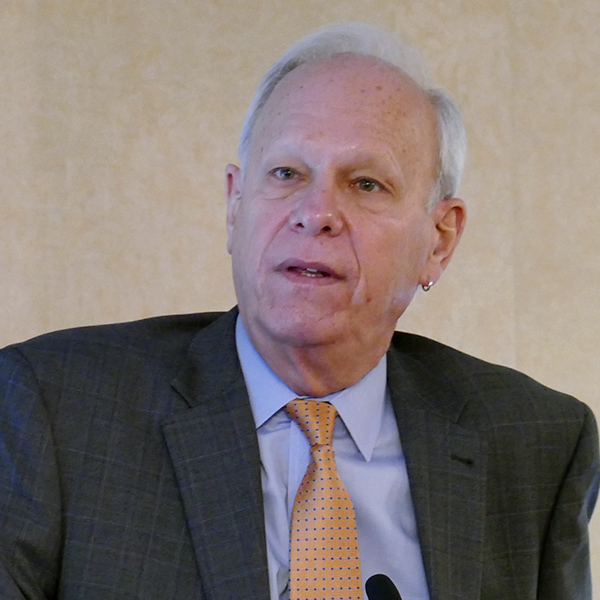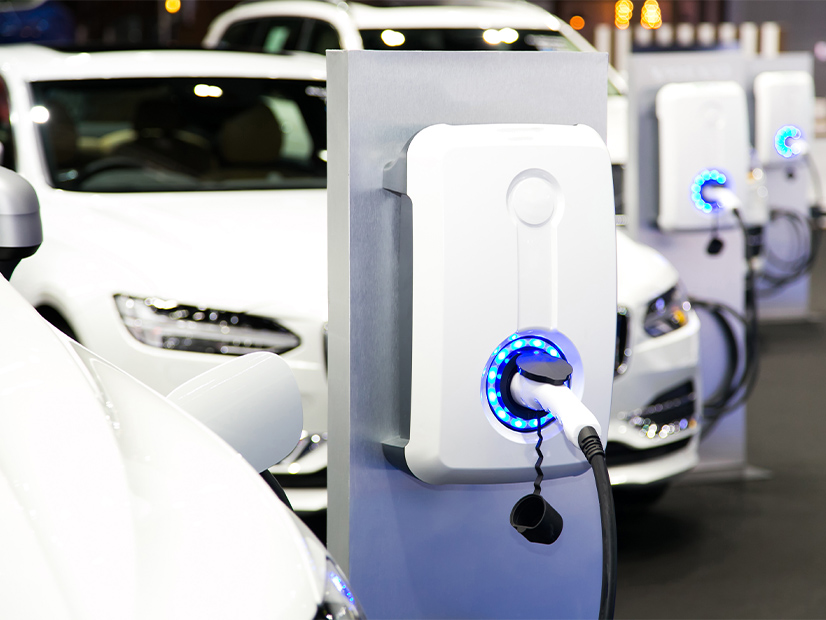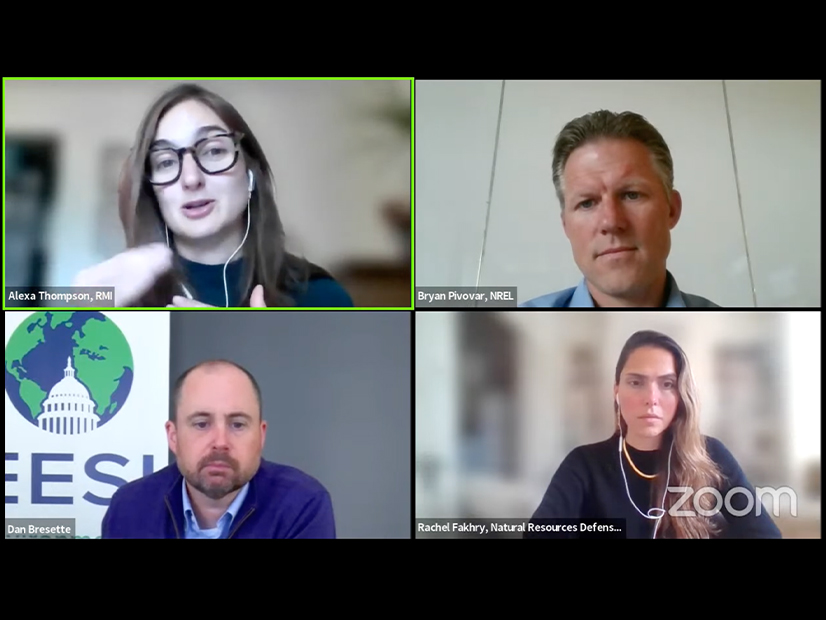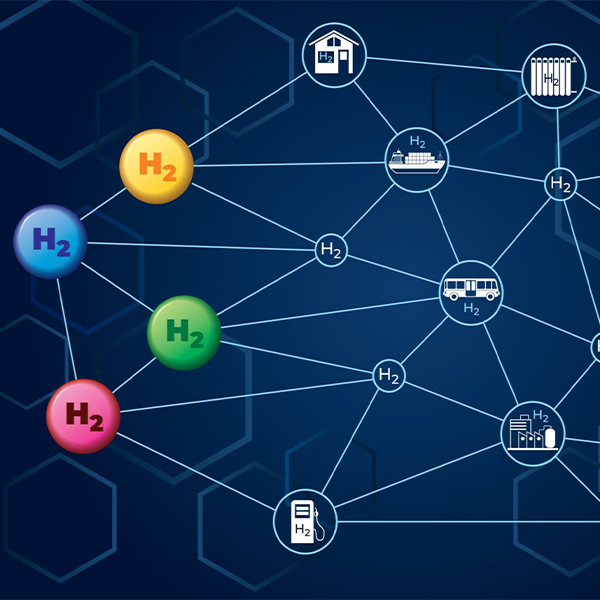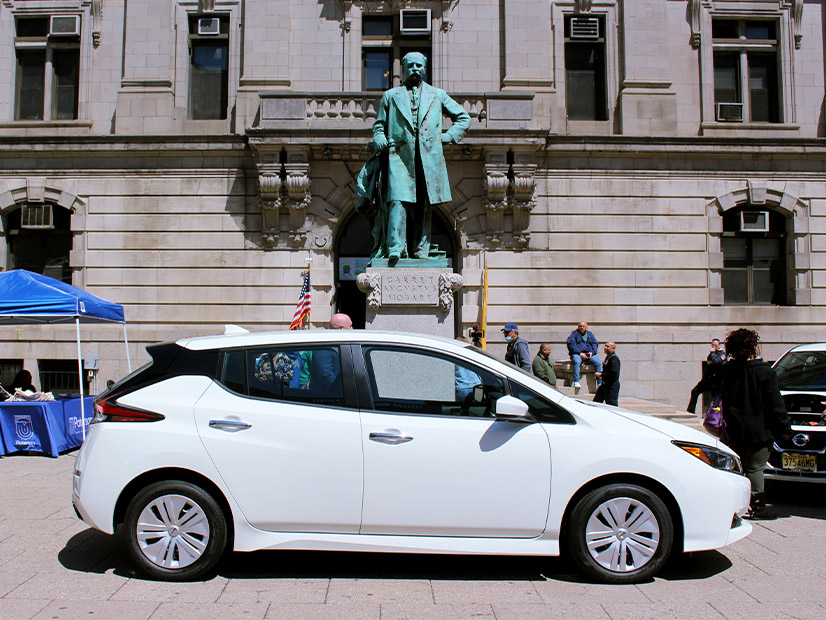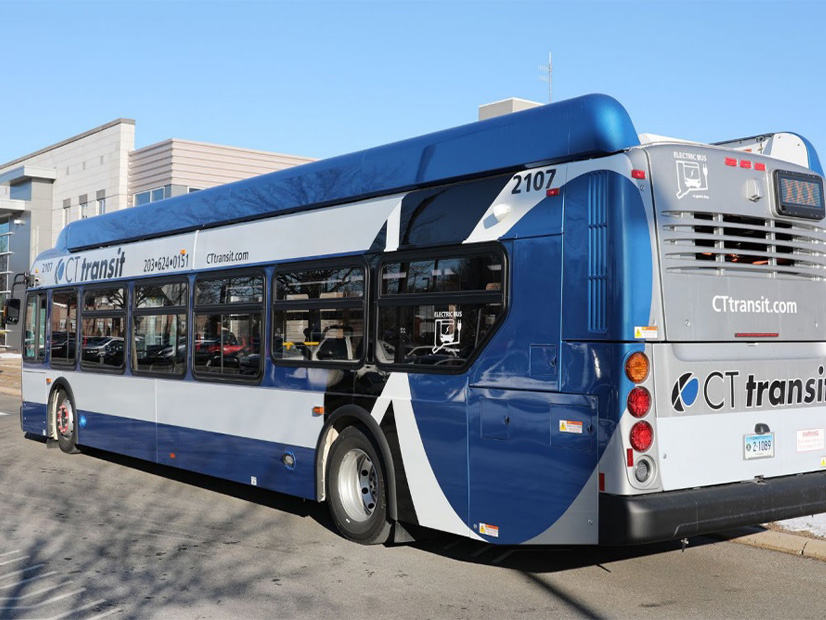Transportation Decarbonization
Airplane DecarbonizationEV chargersHeavy-duty vehiclesBattery Electric Buses (BEB)Fuel Cell Electric Buses (FCEB)Light-duty vehiclesBattery Electric VehiclesFuel Cell VehiclesPlug-in hybrid electric vehiclesShip electrificationClean Ports
If half of the nation’s heavy duty regional-haul tractor trailers were electric, annual CO2 emissions would decrease drastically, according to a NACFE report.
The Connecticut legislature passed three bills related to clean transportation, zero-carbon electricity and solar generation caps.
DOE is dedicating $3.1 billion to support development of new plants for battery material processing, focusing on materials such as lithium and graphite.
Maryland’s greenhouse gas emissions in 2020 were 32% below 2006 levels, according to the state Department of the Environment, besting its goal of a 25% cut.
The U.S. has an abundance of critical minerals, but not the political will to build out mining and processing supply chains, USEA panelists said.
The Biden administration is aiming to convert gray hydrogen into “blue” hydrogen by investing billions of dollars to fund new carbon capture technologies.
A recent study concluded that diverting 15% of Ohio’s current Utica shale gas production to create hydrogen would be sufficient to satisfy existing demand.
New Jersey announced grants of $7.6 million for local government purchases of electric vehicles in an effort to cut transportation emissions.
Michigan's final proposed Healthy Climate Plan includes funding for climate mitigation efforts in economically disadvantage communities.
The Connecticut Public Utilities Regulatory Authority heard from ConnDOT for an investigation of integration of medium- and heavy-duty electric vehicles.
Want more? Advanced Search
